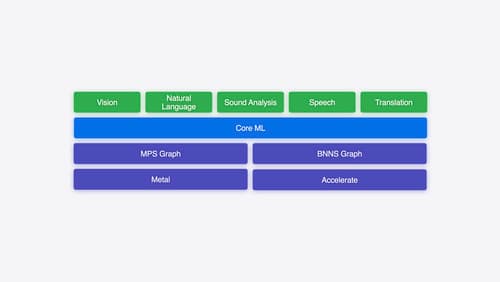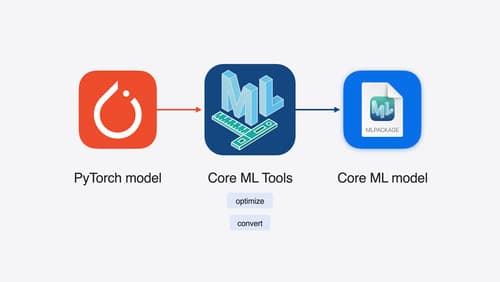explain the security risks of running most LLMs compared to Apple Intelligence
Asked on 2024-07-30
1 search
Running most large language models (LLMs) compared to Apple Intelligence involves several security risks that Apple has addressed through its unique approach. Here are the key points:
-
On-Device Processing:
- Apple Intelligence: Apple emphasizes running as much as possible on-device, leveraging the power of Apple Silicon. This approach ensures low latency, better user experience, and most importantly, keeps users' personal data private (Platforms State of the Union).
- Other LLMs: Many LLMs require cloud-based processing, which can expose user data to potential security risks during transmission and storage.
-
Private Cloud Compute:
- Apple Intelligence: For tasks that require cloud processing, Apple uses a private cloud compute system designed specifically for privacy. This system includes a secure enclave for encryption keys, secure boot, trusted execution monitor, and cryptographic attestation to ensure only signed and verified code runs (Platforms State of the Union).
- Other LLMs: Standard cloud services may not have such stringent security measures, potentially exposing data to unauthorized access or breaches.
-
End-to-End Encryption:
- Apple Intelligence: Each request to the private cloud compute cluster is end-to-end encrypted, ensuring that only the chosen cluster can decrypt the request data, which is not retained after the response is returned (Platforms State of the Union).
- Other LLMs: Not all cloud services provide end-to-end encryption, increasing the risk of data interception.
-
Public Inspection and Security Bounty:
- Apple Intelligence: Apple commits to making virtual images of every production build of private cloud compute publicly available for inspection by security researchers, with findings rewarded through the Apple security bounty (Platforms State of the Union).
- Other LLMs: Many LLM providers do not offer such transparency, making it harder to verify their security claims.
-
Specialized OS for AI Servers:
- Apple Intelligence: The private cloud compute runs on a new OS using a hardened subset of iOS foundations, omitting unnecessary features to mitigate privacy risks (Platforms State of the Union).
- Other LLMs: Standard server operating systems may include features that could be exploited, increasing the attack surface.
In summary, Apple Intelligence's approach to security involves a combination of on-device processing, a specialized private cloud compute system, end-to-end encryption, public inspection, and a dedicated OS for AI servers, which collectively mitigate many of the security risks associated with running large language models.

Explore machine learning on Apple platforms
Get started with an overview of machine learning frameworks on Apple platforms. Whether you’re implementing your first ML model, or an ML expert, we’ll offer guidance to help you select the right framework for your app’s needs.

Platforms State of the Union
Discover the newest advancements on Apple platforms.

Bring your machine learning and AI models to Apple silicon
Learn how to optimize your machine learning and AI models to leverage the power of Apple silicon. Review model conversion workflows to prepare your models for on-device deployment. Understand model compression techniques that are compatible with Apple silicon, and at what stages in your model deployment workflow you can apply them. We’ll also explore the tradeoffs between storage size, latency, power usage and accuracy.
